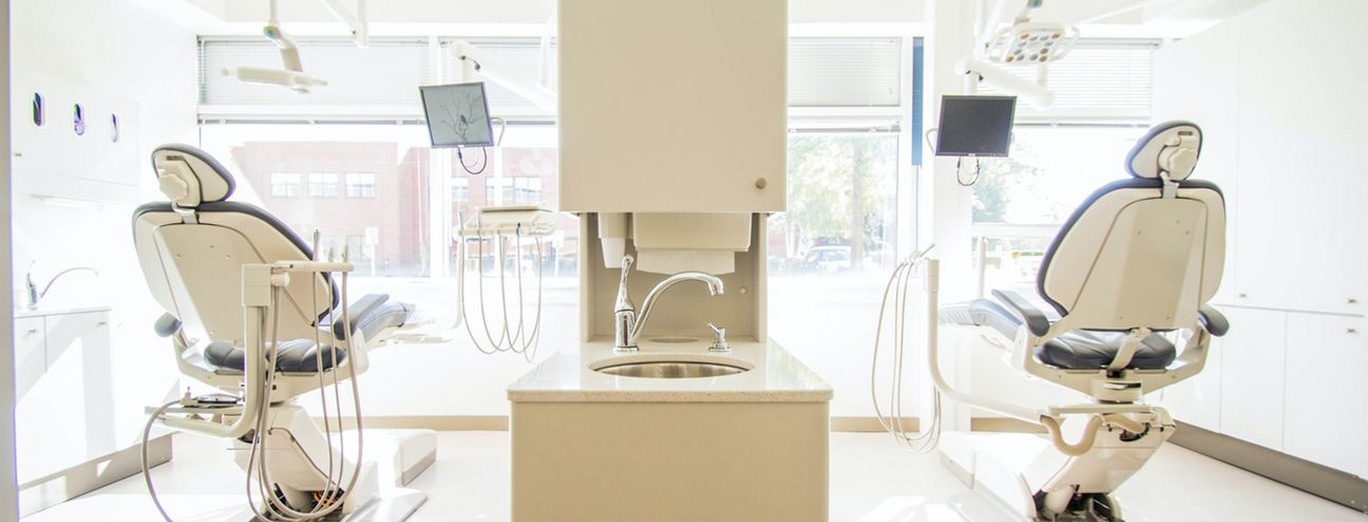Is AI in healthcare the revolutionary step we need?


Artificial Intelligence and Deep Learning techniques are now making an impact on many industries. We’ve seen vast improvements in translation applications, search recommendations, and speech recognition software. However, we’ve yet to tap the full potential of AI in healthcare. There is no question about whether the latest machine learning methods can be used to improve our health. The question is how much, and what will be the earliest wide-spread uses?
We now have better hardware, software, and access to data than ever before. That’s a perfect recipe for the data-hungry algorithms. Machine learning algorithms are trained to improve performance at specific tasks, by training them with large amounts of prepared data. The latest wave of microprocessors offers automation capabilities heads and shoulders above anything before possible. Combine that with the growing number of open-source developing tools available, including offerings from Google, IBM, and Amazon. These increased capabilities are growing right along with interest in using them. As a result, experienced developers, and machine learning engineers are in high demand. Tech firms across the globe are working to provide AI solutions in healthcare and every other field.
The proper use of data brings powerful opportunities to the healthcare community. Wearable devices can give us the information to improve performance, and fine-tune habits in diet, and exercise. Predictive analytics and automated pathology detection can assist medical professionals to improve wellbeing, and save lives. Learned image detection can assist with diagnosis probabilities. Algorithms can aid in drug discovery and dosage recommendations. Machine learning techniques can even help accountants handle the variety of health insurance providers, and predict which patients will require more time for claims processing.
How AI can Overcome Human Weakness
Deep learning applies massive amounts of data to machine learning algorithms, and artificial neural networks, than ever before possible. The human brain is a powerful resource, but it is a finite resource. On the other hand, computers have grown exponentially faster since their inception. One challenge physicians face is that massive amounts of data are available to aid diagnosis, but they have a limited time to analyze it. Software solutions can bring healthcare services straight to the patient, at times when location, and situation, make getting to a professional is prohibitive.
While AI is likely to replace practitioners in some capacities, the more immediate effect will be to support and extend the abilities of healthcare professionals. The most significant benefits come from the flawless memory available in computers, and their ability to process data faster, and more reliable, than anything we could hope to match.
Hackathon Projects are Good for Your Health
The role of hackathons in this technological revolution should not be underestimated. Competitors hone their skills, apply creativity, and collaborate to solve practical challenges and win prizes. Tech firms scout talent, and find solutions by sponsoring creative challenges. Hackathon encourages efficiency with competition against a deadline. They also help to foster creativity with a friendly atmosphere and a low barrier to entry. Working with new people, on projects you otherwise wouldn’t have worked on results in a cross-pollination of ideas.
A recent challenge was held to develop diagnostic analysis to help doctors in remote regions accurately identify diseases such as malaria. A boon in the effort to provide an inexpensive and reliable system, able to deliver results without the need for a specialized staff. Another worked to bring the power of a machine learning diagnostic tool directly to a hospital to avoid placing medical records on the cloud. This innovation offers better data, protects patient privacy, and can bring enhanced diagnostic capabilities to hospitals everywhere.
The Future of AI in Healthcare
When the very first computers were developed, Alan Turing and other great minds have been dreaming about bestowing intelligence upon them. While AI isn’t intelligent in the way that we are, its ability to leverage statistics and probability theory with the ultra-fast computing resources available today is unrivaled.
Nvidia’s introduction of the GPU, along with the developer tools they made available, sparked the deep learning revolution. In 2012, a competition was held to make algorithms predicting the biological activities of different molecules, to help drug manufacturers find the best compound with the least side effects. Later that year a Deep Neural Net submitted to the ImageNet visual recognition contest wiped the floor, with results 41% better than the competition. The potential for improving healthcare was present at the competitions leading to the initial hype about deep learning.
Over the coming decade, we will continue to see more and more AI applications in our everyday lives. We won’t always necessarily realize it, but machine learning will be working quietly behind the scenes. We’ll have systems that can track the quality of water in real time, and surgical drones that can save lives in remote locations. The diagnostic capabilities available with deep learning techniques are unrivaled, and there. It’s now just a matter of time before cost and efficiency bring them to healthcare professionals everywhere.
Hackathons and challenges will continue to play a part in revolutionizing healthcare, and many other industries. The only question is, will you?